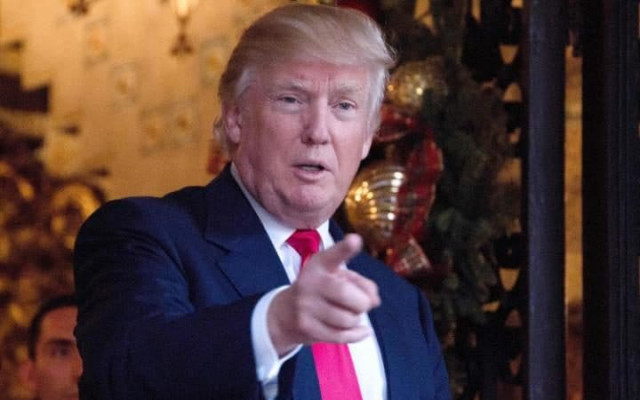Pakistan-India tensions: Trump urged to develop clearer South Asia policy
Analysts say ties between Islamabad, Delhi becoming less predictable due to nationalism in India.

United States President-elect Donald Trump. PHOTO: AFP
Two analysts, taking part in the discussion, stated that relations between India and Pakistan were becoming less predictable as nationalist sentiments in India heighten political pressure there to escalate its response to clashes in the disputed territory of Kashmir.
"The fear of direct military conflict is real," Shamila Chaudhary, a former Pakistan director at the US National Security Council said. She said that every new administration wants to end the India-Pakistan standoff, a possibility that Trump and his Vice President-elect Mike Pence have indicated in recent months.
Chaudhary was, however, of the opinion that it was not going to work, and added that more modest goals for the upcoming administration could be to consolidate or better coordinate US policy-making on India and Pakistan. She suggested strengthening private diplomacy to build communication between the countries and limiting public statements, which "don't work well in the region."
Speaking on the ties between the US and Pakistan, Sameer Lalwani, deputy director of the South Asia Programme at the Stimson Centre, said that although the United States has slashed aid to Pakistan, Washington still needs a working relationship with Pakistani authorities.
“The US needs Pakistani cooperation on intelligence, homeland security and counter-terrorism, the fight against Islamic State extremists, and stabilising Afghanistan,” he said.
Published in The Express Tribune, December 29th, 2016.



















COMMENTS
Comments are moderated and generally will be posted if they are on-topic and not abusive.
For more information, please see our Comments FAQ